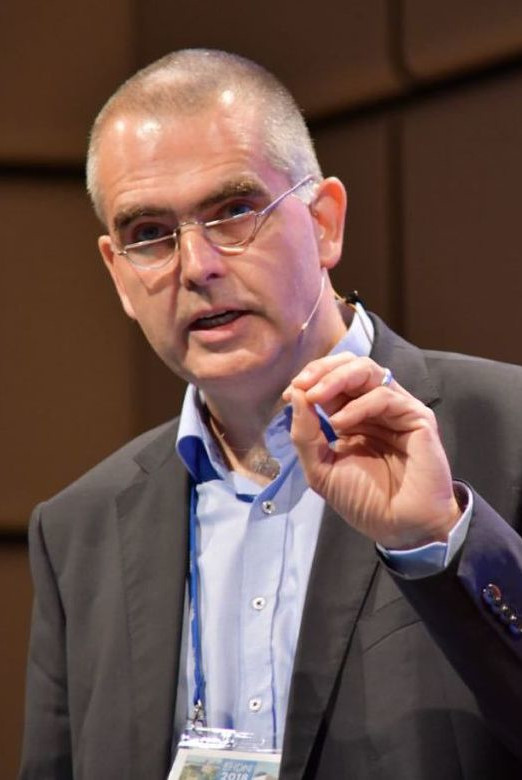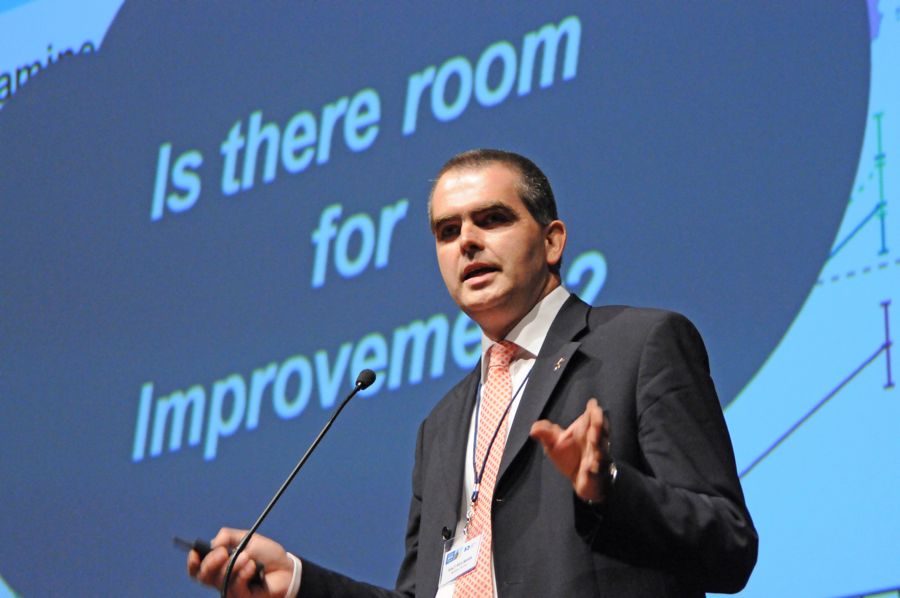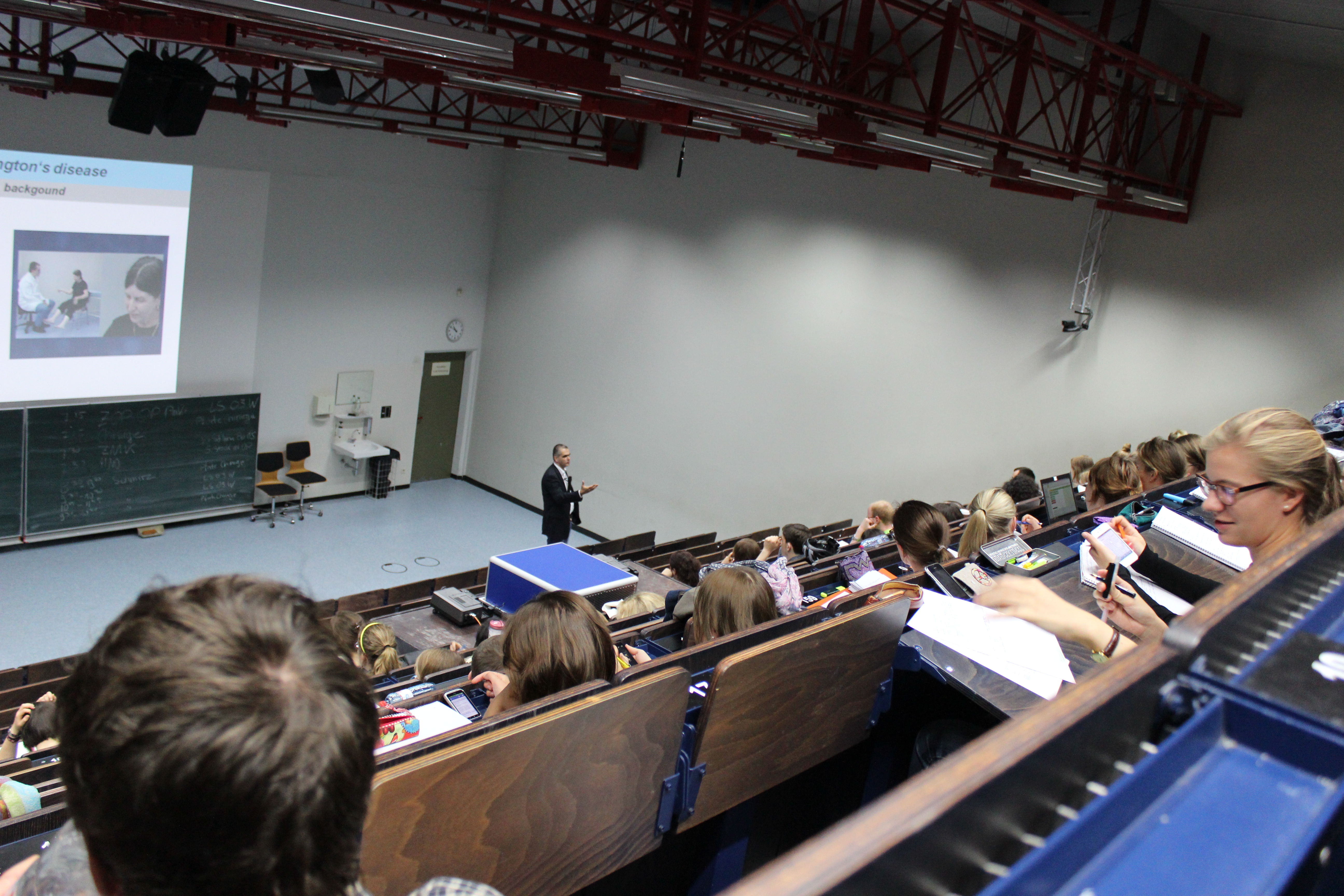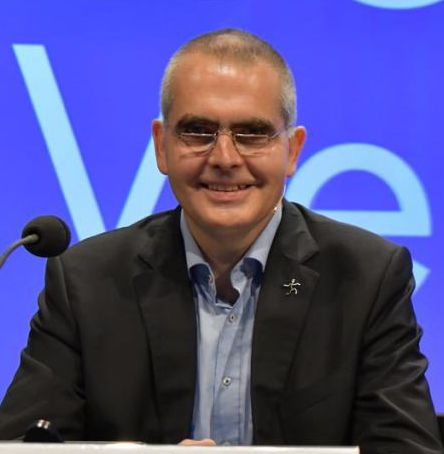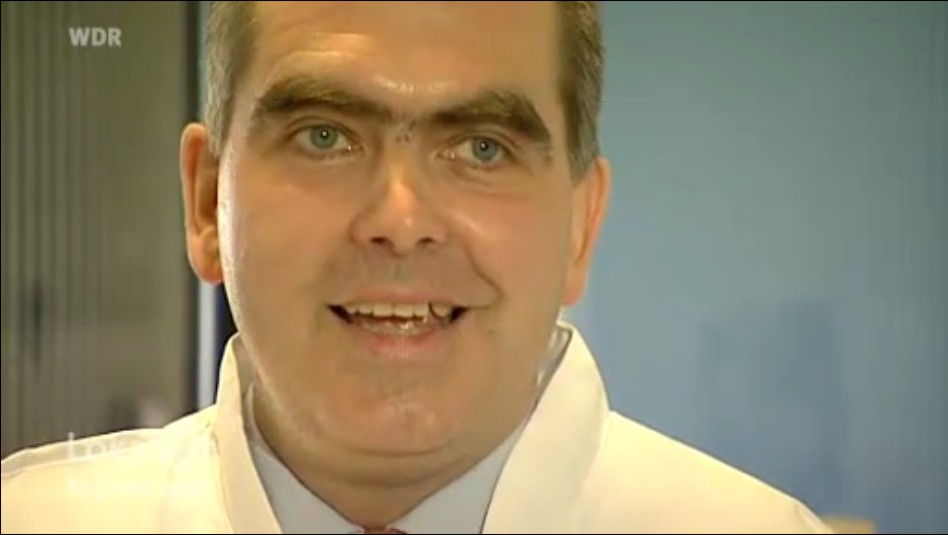Dr. Ralf Reilmann - Founding Director / C.E.O. / Board Certified Neurologist
My main interest is to contribute to the development of disease modifying or novel symptomatic therapies for neurodegenerative diseases. On this path, I chose to focus my work on Huntington's disease (HD) as a genetically defined model of a neurodegenerative disease with relevant patient populations and availability of well defined preclinical models. As founder of the George-Huntington-Institute and former chair of the Huntington Unit at the Department of Neurology, University of Muenster, Germany, I established one of the largest cohorts of symptomatic and premanifest HD gene carriers globally (currently > 1.000 participants in the ENROLL-HD observational study). Within the European Huntington’s Disease Network (EHDN – www.euro-hd.net), I served as elected member of the Executive Committee, Chair of the “Neuroprotective Therapy Working Group”, member of the "Clinical Trials Task Force", and as Coordinating Global Principle Investigator of randomized multicenter multinational clinical trials. I also serve as Chair of the “Motor Phenotype Working Group” of EHDN and established the EHDN UHDRS-TMS (Unified Huntington's Disease Rating Scale - Total Motor Score) online certification for improved standardization of motor ratings, which is now required for all observational and clinical trials in HD. My main line of research focuses on the development of objective and quantitative motor (“Q-Motor”) outcome measures for clinical trials, e.g., in the setting of international biomarker studies such as TRACK-HD (www.track-hd.net) and PREDICT-HD (www.predict-hd.net). Q-Motor systems are established for collaborative work in many centers of excellence for Movement Disorders and other neurodegenerative diseases worldwide and meanwhile serve as standardized outcome measures in several phase I, II and III clinical trials in HD and Parkinson's disease. Additional studies explore the applicability of Q-Motor endpoints in, e.g., Multiple Sclerosis, Amyotrophic Lateral Sclerosis, Alzheimer's disease, Myasthenia, Dystonia, and Prion diseases. A second line of research aims to phenotype transgenic HD large animal models for translational assessments of novel therapeutic approaches for HD using imaging, behavioural and molecular measures. I trained at the University of Muenster (Germany) and at Columbia University (New York) and studied in Muenster, Paris, London, and New York. My work was funded by, e.g., the High-Q-Foundation/CHDI Foundation (www.chdi-foundation.org), the German Research Foundation (www.dfg.de), and the German National Scholarship Foundation (www.studienstiftung.de).
